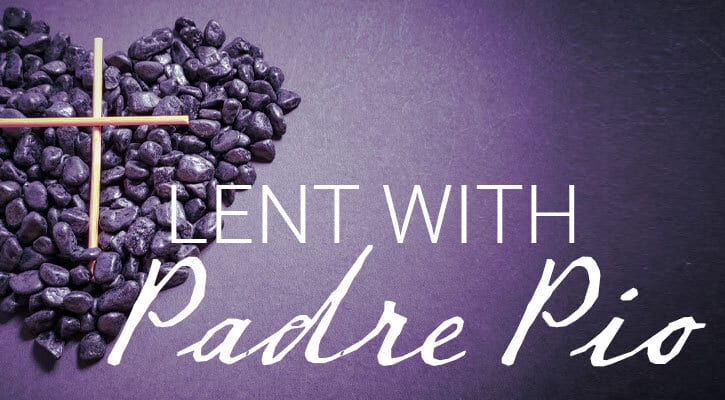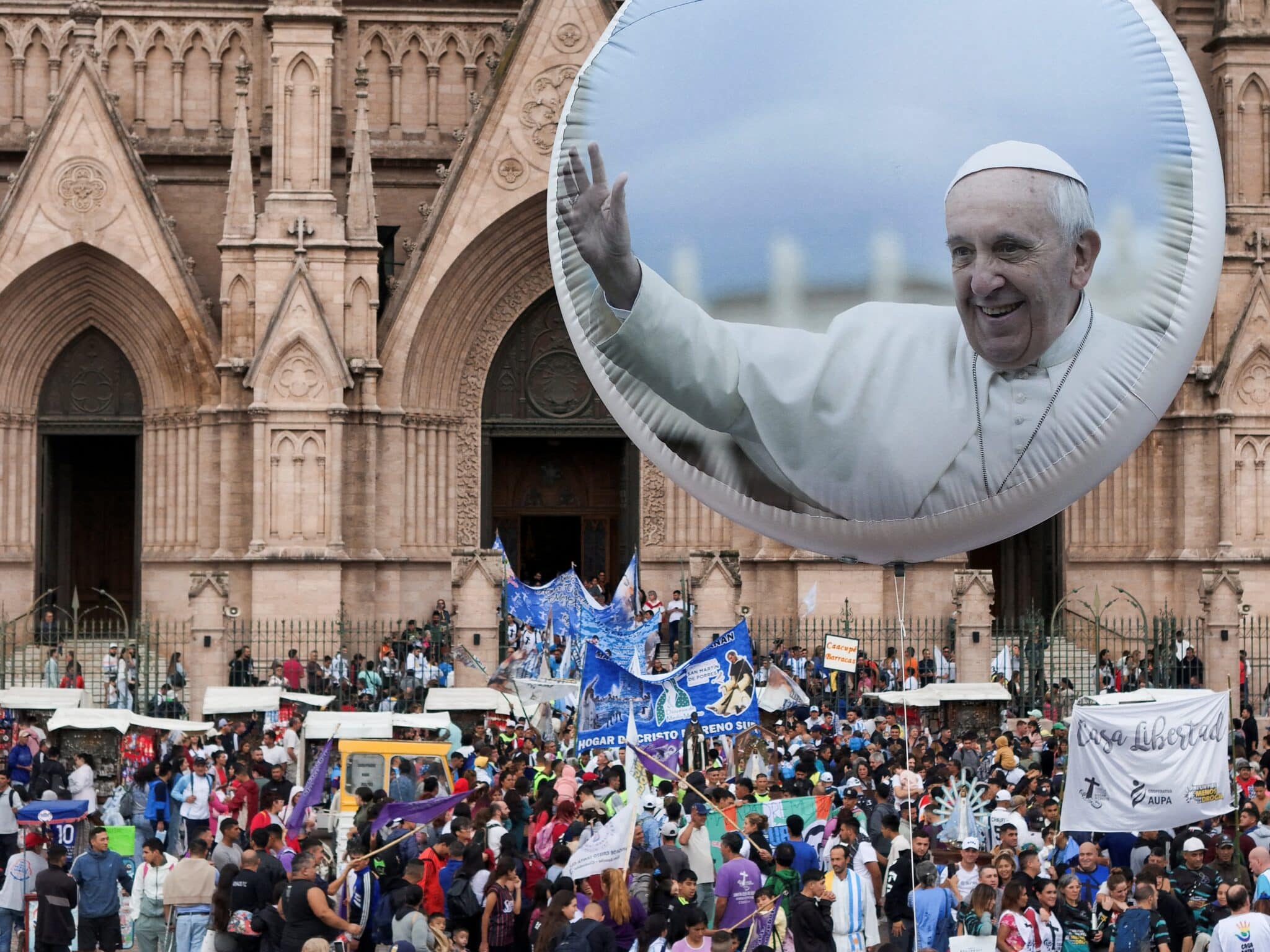“One thing I ask of the LORD;
this I seek:
To dwell in the house of the LORD
all the days of my life,
That I may gaze on the loveliness of the LORD
and contemplate his temple.”
(Psalm 27:4)
I start off for work the route I always take and suddenly remember that I’m not going to work, I have a dentist appointment. I’m going south when I need to go west. I knew, but I was not mindful of where I was going. I forgot my destination.
That’s a parable of life. Like Martha in the Gospel, I get busy about so many things that I neglect really important relationships with God, family and friends.
It is easy to be sidetracked by the cares and worries of life. When we lose a job, a friend, our health, a marriage, we may also lose our way. Worries may preoccupy us so we are distracted, thrown off track, diverted from our real destination. But in my deepest, wisest self, my destination is clear. Psalm 27 expresses it well.
First the Sorrow
The psalmist was sidetracked and discouraged by “enemies on every side” (verse 6). “False witnesses have risen against me, and such as breathe out violence” (verse 12). But he believed that “I shall see the bounty of the LORD in the land of the living” (verse 13).
The psalmist’s heart turned to the Temple where he had experienced God. Our hearts turn to God who makes the whole world his temple: “In him we live and move and have our being” (Acts 17:28). In the heavenly temple we will see God face-to-face.
My deepest longing is to be with God. “Never let me be separated from you,” the priest prays privately before Communion. “Hide not your face from me. Forsake me not, O God my savior,” David pleads in verse 9. Hell is being separated from God.
Then the Joy
We long “to dwell in the house of the Lord.” This isn’t selfishly limiting our vision to just God and me. When I am with God, I am with all my sisters and brothers. We are at the great banquet table together.
Don’t we long to be with those we love and who love us, with our family or close friends? Among my life’s greatest joys are to be with my Franciscan brothers and to be with fellow believers at the Eucharist. We all dread being separated from those we love. Our hearts go out to families when a parent or spouse is serving in Iraq. We shudder when we remember horror stories of parents and children being separated in the Holocaust or hear the experience of today’s refugees in Darfur.
Jesus is with us now and assures us he will not leave us orphans. “I go and prepare a place for you…that where I am you also may be” (John 14:3). Our human gatherings can be marred by misunderstandings or hurts. But in heaven we will have been purified of anger, envy, selfishness—all that keeps us from loving and being loved.
St. Bonaventure urges us to desire heaven, to long to be with God because that opens our hearts wider and helps us keep our final destination in focus. As the psalmist begins, “The Lord is my light and salvation; whom should I fear?”
Understanding Psalm 27
Psalm 27 combines lament and trust. The psalmist laments before slander (“devour my flesh” in verse 2) and lying witnesses (verse 12). Falsehood is not an acceptable form of speech.
Trust is expressed in various ways: to dwell in the house, the temple, the tent of the Lord, to see God’s beauty (verses 4-5); to enjoy the Lord in the “land of the living” (verse 13). These all refer to the Jerusalem temple where God’s life-giving presence was most fully experienced. Happiness is not freedom from trouble but being solidly grounded in faith; the opposite of faith is not doubt, but fear.








